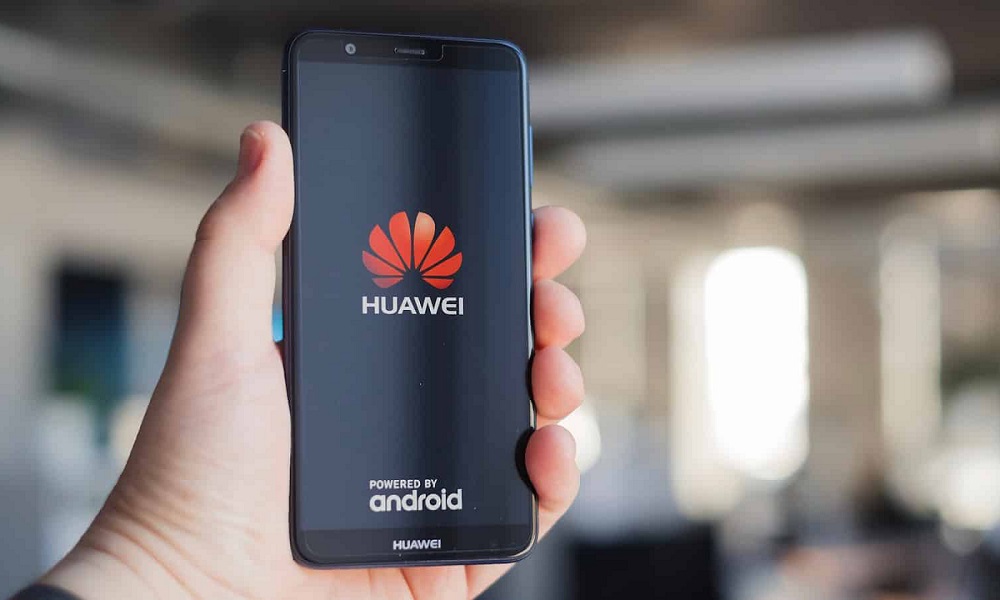Huawei: Why all the Controversy?

The Chinese telecoms company Huawei is facing an onslaught today.
They have been blacklisted in the USA, a report published in the UK by a Conservative MP has called for an outright ban of the company’s ability to operate, and the Netherlands are allegedly looking into Huawei espionage.
In this post, Professor Steve Tsang, director of the SOAS China Institute, provides analysis on what the controversy is all about.
Why are questions being raised about Huawei operating in American and European markets?
The crux of the matter with Huawei’s involvement in 5G infrastructure in Western democracies is that Huawei cannot assure some governments that it would not serve as an instrument of the Chinese state, which is in turn fully controlled by the Communist Party of China. Huawei has made significant verbal assurances, such as saying that it is a staff-owned private company, that it will reject any Chinese Government demand to spy on or disrupt the network of its clients, and that it will sign a ’no-spying’ agreement. But such assurances need to be tested on the basis of their credibility against what is known of the Chinese political system.
Huawei’s claim that it is 99% owned by its staff is not reassuring, as they are in fact owned by the trade union committee of Huawei. Since all trade unions in China come under the All China Federation of Trade Unions, which is under the supervision of the Communist Party, it is hard for any independent China Studies person to agree that Huawei’s ownership will make it not susceptible to the will of the Party. Some may see such a structure to imply Huawei is more tightly controlled by the Party than the regular state owned enterprises.
Likewise, any government that would like to take the words of the Chinese at face value will have to choose to believe either Huawei’s founder Ren Zhengfei or China’s leader Xi Jinping. Mr Ren said he would close down Huawei rather than accept an order from the Chinese Government. As leader of China Mr Xi said from east to west, south to north, everything comes under the leadership of the Communist Party, and his government also passed a law that requires all Chinese companies to cooperate with Chinese Intelligence agencies when required.
The African Union hack
For Mr Ren to keep his words, Huawei will have to openly disobey President Xi, the Communist Party, and the Chinese Government, as well as break China’s law. Many find such a prospect unrealistic if not impossible. The more knowledgeable will also take into account the reality that Huawei built the IT infrastructure for the headquarters of the African Union and for five years, from 2012-2017, the IT infrastructure installed by Huawei transmitted data from the African Union to an IP address in China without the permission of the African Union. No credible explanation has ever been given on how this happened, and Mr Ren has not closed Huawei down as a result. Is it wise and responsible to take the words of Mr Ren but not President Xi at face value?
As to the offer of a ’no-spying’ agreement, it will only be meaningful if the preceding issues are resolved, in which case such an offer is superfluous.
Why’s Trump blacklisting the company?
Donald Trump’s Executive Order to impose effectively a ban on Huawei in the USA is significant in two ways. The banning of Huawei from being part of the 5G network leaves no room for ambiguity over limitations on Huawei in the USA, and adds to the pressure which the US Government has already applied on the UK Government. Equally important, the other part of Trump’s Executive Order stops US companies from supplying Huawei. It is noteworthy that Huawei is not ZTE and will not be completely crippled by such a ban, as Huawei has developed its own chips and other technologies for most of its products. But some Huawei operations that have so far required US components will be affected. This may pose a more immediate challenge to Huawei than the ban on Huawei from the US market, as Huawei’s footprint in the USA is small in terms of its overall global operations.
Given that the Trump Administration has made a threat on the UK over the intelligence it may receive as one of the Five Eyes if the UK should allow Huawei to be part of its 5G network, it has created a powerful incentive for Huawei and the Chinese Government to pile on pressure on the UK Government to allow Huawei to be part of 5G in the UK. Even if Huawei should eventually be excluded, causing the potential rupture of the Five Eyes at no cost to China is a diplomatic success. It is no cost as Huawei has not yet gained permission to build 5G in the UK and thus cannot have lost anything except an opportunity. Such an opportunity should also be set in the context that no British company is allowed to be a partner in building the 5G network in China. If China or a leading Chinese company does not gain access to a sector of the market in the UK whose counterpart in China is denied to British companies, it is a stretch to see it losing anything. One cannot lose something which is not one’s by right or ownership. So, we should expect Huawei and the Chinese Government to keep lobbying London.
Professor Steve Tsang is Director of the SOAS China Institute.
The views expressed on this blog are those of the author(s) and are not necessarily those of the SOAS China Institute.
Originally published on 16 May 2019.
SHARE THIS POST
